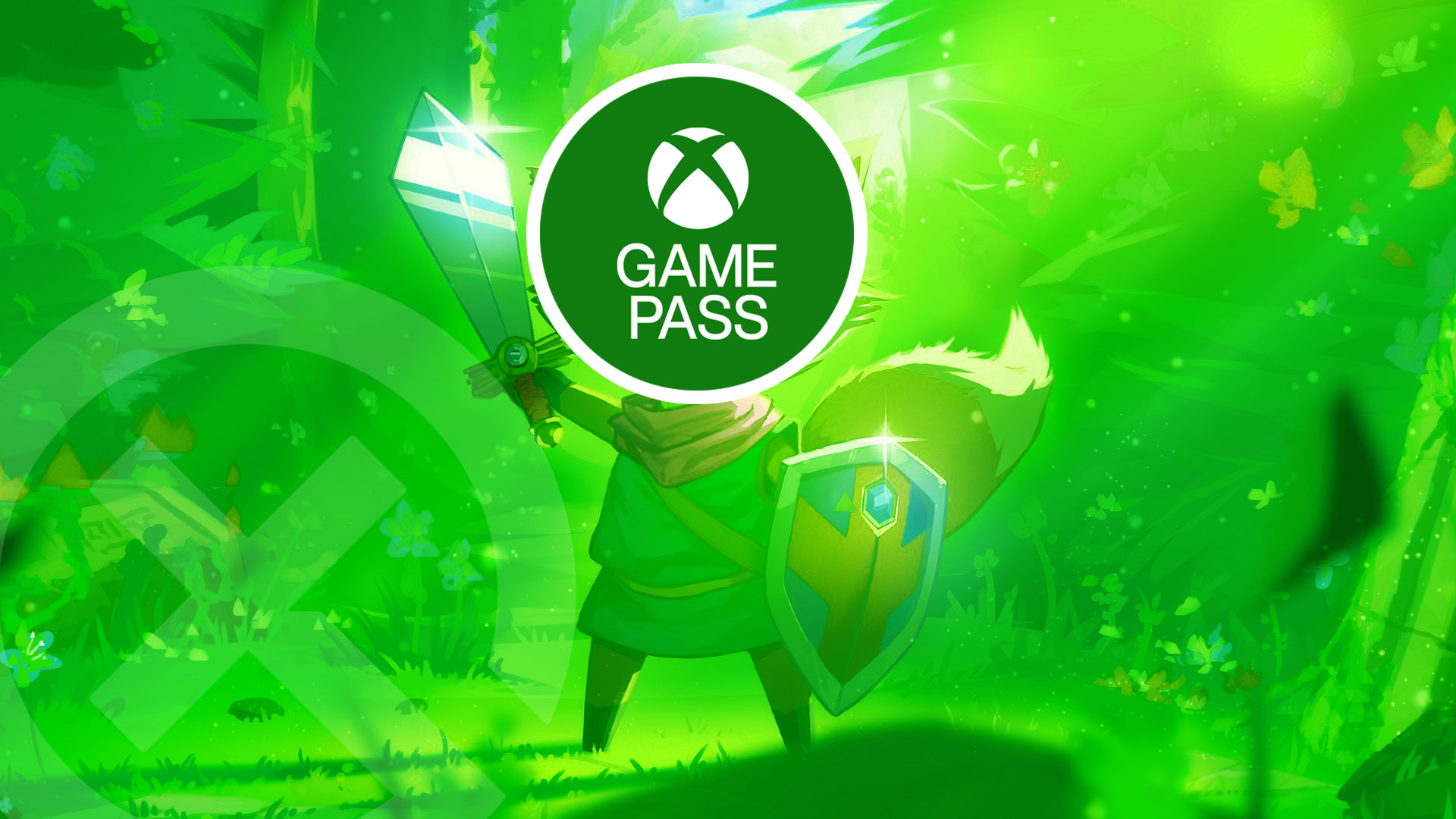In a recent interview with games industry, the current CEO of Finji, Bekah Saltsman, has expressed concern over the growing boom in subscription services such as Game Pass or PS Plus, among others. The study gave birth to jewelry like Tunic, Night in the Woods and Chicory, among others. And some of these games are available in the Microsoft subscription, so there is no shortage of experience talking about the subject.
According to Saltsman, his organization is concerned about how this type of subscription is starting to be perceived. Especially seeing how the giants are buying up the big development studios. According to the studio’s CEO, the fact that the owners of these subscriptions buy talent can run the risk of displacing small studios.
Due to the shrinkage and consolidation of the industry over the past couple of years and the number of companies owned by subscription services, I’m afraid that because the libraries are so big and the companies are so prolific with huge user bases, they won’t need us.
Some games could lose money if developed with a subscription service in mind
Saltsman also comments that he is concerned that more and more people are dependent on subscriptions and not so much on purchases, as an active population of subscriptions means that smaller studios are not dependent on sales, but rather on fees. on duty. This may mean not covering development costs, unless the publisher throws in the money to complete it.
Within his concern is the fact that in the not too distant future, some services could only be rented by a Triple A couplewhich would make releasing a standalone game on the service unworthy as there is no viable option to sell or monetize it in the future.
Subscriptions are both awesome and terrifying, and it can go either way. And what worries me the most is that smaller indie teams, who may not have a foothold as creators, may not have the space and money to create more than one game.
If your service has the majority of people playing a single game and subscriptions work better with live services, could you justify a reasonable budget for this other project which would have a fraction of a fraction of a fraction of players versus something that does a lot of the numbers on the serve?
It’s a legit math question because you don’t know how it’s going to fall. At this point, you’re almost deciding who’s going to be in the service and who’s going to be allowed to continue making games based on value or creative art direction or something like that, rather than the monetary value of that project.
However, today, Saltsman ensures that the concern is less because these services always include advantageous clauses for independent studies, such as being able to resell the game when it leaves the service. Not everything applies to the same types of games.








